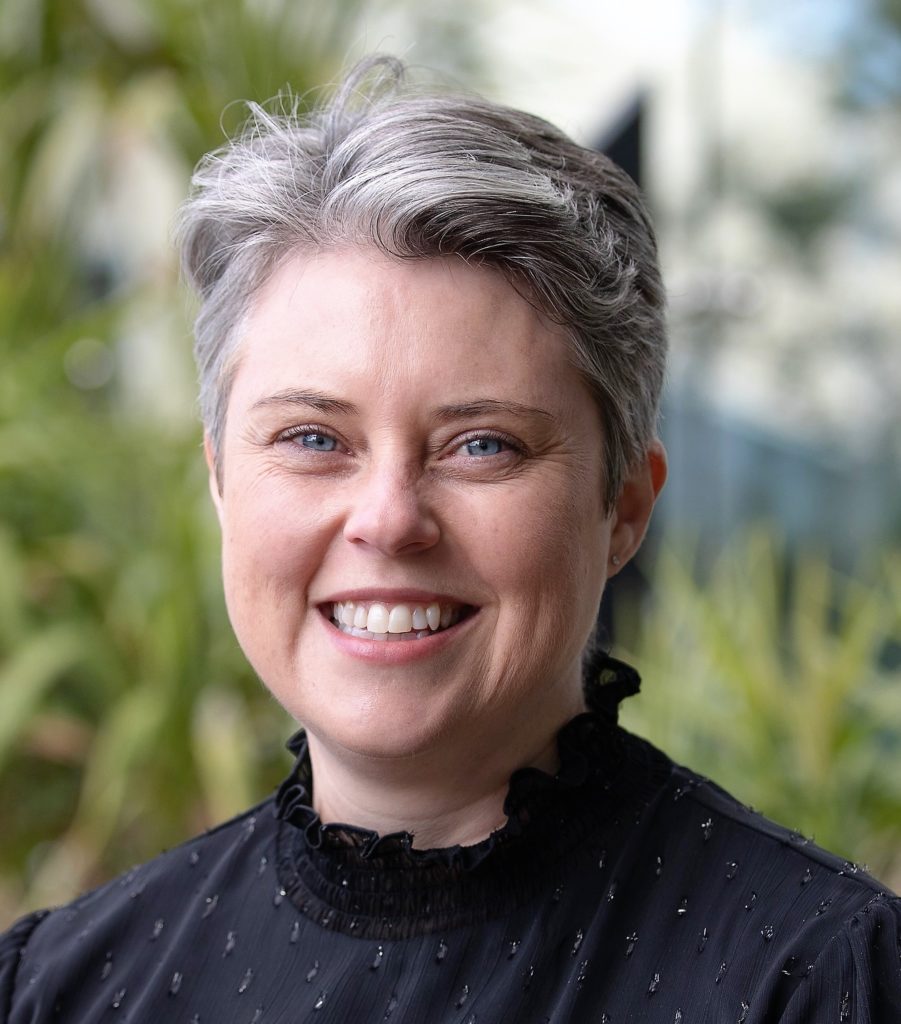As Australia’s largest cities grapple with the spread of the delta virus, experts are drawing attention towards a growing outbreak of aged-based stereotypes, prejudice and discrimination.
In a recent survey released last week by SBS, 51 per cent of people agreed that ageism is currently rife in Australia.
According to sociologist Dr Peta Cook, who recently published a report on the issue, lockdown-related discourses and policies are fostering negative attitudes towards older people.
“One thing that was seen right from the start of discussions around COVID-19 was the use of rather negative language to talk about older populations,'' she said.
“So the term elderly, for example, was used a lot and elderly is a term that connotes frailty and also dependency but of course, most people who are aged 65 years and older are living independently in our community.
“When there's discussions around lockdowns about just protecting older people, that's not true, and that's misleading, and that helps to also instigate a lot of negative feelings in our community towards older people.”
Global researchers have identified a clear link between ageism and COVID-19, which is related to poorer health, higher risks of violence and abuse, and increased social isolation.
Ageism in the workplace is also a persistent issue.
New data from Australia’s largest employment provider found those aged between 55 and 64 were the largest unemployed group receiving JobKeeper payments during the pandemic.
According to Cook, the government’s jobmaker scheme incentivising businesses to hire people aged from 16 to 35, is pushing older people out of the workforce.
“You're marginalising a group of workers and potentially also marginalising a wealth of expertise and a wealth of experience that could actually be really vital to COVID-19 recovery,” she said.
“Post-covid, it's going to be really problematic for older workers to re-enter the workforce because of ageism kicking in for employment at 40 years plus.”
Although the virus affects people at all ages, research shows that more severe symptoms are prevalent among people aged 60 and over.
Experts have warned against the consequences of prolonged isolation of aged care residents, particularly those who live with co-morbidities and conditions such as dementia.

This has led to more tightened restrictions in residential facilities, where outdoor recreation and visitors remain banned while efforts to ramp up vaccinations for staff and residents continue.
“It's understandable to want to try and protect the health and wellbeing of people living within aged care facilities,” said Cook.
“The problem is that extended lockdown, particularly when they're more stringent or extended than the lockdowns for the general population, is that you're further marginalising a group of people that are already quite marginalised in our society.
“There's many problems that come with this, of course. There's loneliness, there's social isolation and that has significant impacts and consequences on people's health and their wellbeing.”
Public discussions of the pandemic worldwide have laid bare prejudices towards people of older age.
The virus was coined "the boomer remover" by younger groups in the US, and media outlets have portrayed older people as a threat to public safety.
According to Dr Cook, the wave of ageism during COVID-19 has not only affected people of older age.
“There's also been some reports around blaming all the lockdowns on older people and saying that we're risking our economy just so that we can preserve older people,” said Dr Cook.
“It somehow suggests that they're less worthy than other population groups, but at the same time, we have seen the commentary around younger people who were seen to be a threat through their behaviours.”
“So, when we start engaging in an intergenerational blame game, we're actually ignoring structural issues that exist in our society, which create divisions."
Almost a third of news headlines covering stories on older people during COVID-19 were negative, according to a report by the the Age Commissioner of Wales in the UK.
In Australia, recent columns published in the Guardian, ABC, News.com.au, Junkee and The Courier have used the term 'boomer' to describe groups of older people in critiques around the vaccine rollout.
Ageism, which affects anyone regardless of race, gender or sexuality, is the next ‘ism’ to be tackled, according to former journalist and chief advocate of National Seniors Australia, Ian Henschke
“It's not uncommon to see headlines saying the ‘Ageing Tsunami’, ‘the Grey Tsunami’, the ‘Economic Time Bomb Caused by old Australians’, you see these things written often,” said Henschke.
“When you talk about older people as being a burden, if you talk about any group as being a burden, it affects their attitude and health in society.
“So you've got to think to yourself, there is actually a cost for this sort of media, talking about old people as an economic time bomb and talking about them as being ‘the selfish boomers'.”
Despite negative press coverage, COVID-19 has also allowed opportunities for increased awareness around the effects of ageism.
Earlier this year, National Seniors Australia launched an ‘Every Age Counts’ campaign to amplify the need for widespread attitudinal changes.
“Speaking out about it is the next step,” said Henschke.
“And we're very conscious of the fact that this is not just about ageism towards old people, it's about ageism across all the sectors.
“No one is fair game because of their age, sex or colour for disrespect. We as a nation hold certain self-evident truths and that is that you should treat people with respect."
Do you have an idea for a story?Email [email protected]
 Aged Care Insite Australia's number one aged care news source
Aged Care Insite Australia's number one aged care news source

